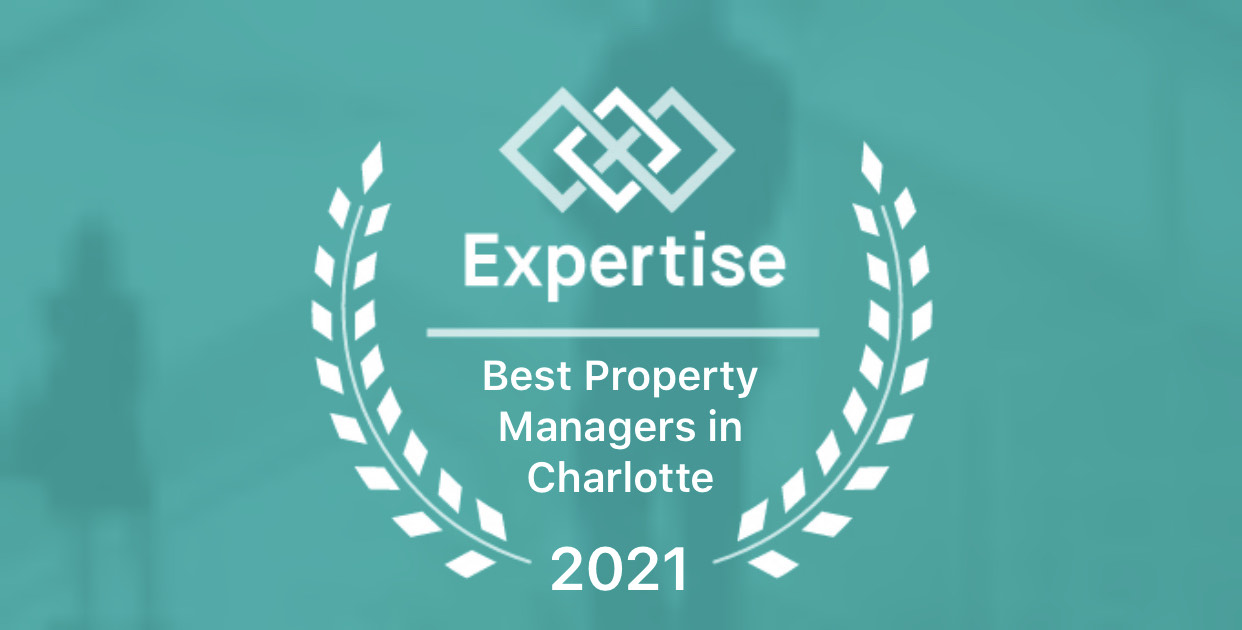The great thing about real estate is its eternal demand. What’s even better about buy-and-hold investment property is the monthly rental payment. Therefore, while other investments during a recession might be riskier, a rental property can still generate a steady flow of income.
If you would like to recession-proof your rental property, you should be focusing on the cash flow of the property rather than future appreciation. When looking at the potential returns, many real estate investors place a huge amount of value in the appreciation factor. The problem is that appreciation is an educated guess which means you can’t really bank on it. No one can know for sure how much your property will appreciate in the future. If for whatever reason you need to sell in a down market, a property with a high appreciation factor could turn out to be a losing investment. You can avoid this by being conservative and only purchasing properties that will still provide a good return even during a recession.
Monthly rental rate increases significantly affect the projected returns of any rental property investment. However, you should consider a scenario where rents have peaked and will no longer increase, which is a likely scenario in a recession. A recession-proof property is one that is still cash flowing even when the rents are steady. It is important to take a look at how a lack of rental growth can affect the returns. If the cash flow is still positive with no rental growth, then you know it is a good investment.
No one knows what the next recession is going to be like, but looking into the history of any real estate investment will give you a better idea of what to expect in the future. Before investing in a certain area, look up information about how it did during the last recession. Ask to see financial reports from that period. You don’t have to be an expert to recognize a loss on a profit and loss statement, and it’s important to inquire about it before you make a decision to purchase.
Yes, a downturn in the market is hard to predict, but due diligence is an ongoing and critical process for all investment property owners. Using these strategies and reacting quickly to potential risks all investment properties face will strengthen your portfolio, no matter which way the economy is headed.
Click Below To Schedule Your Free Property Analysis















